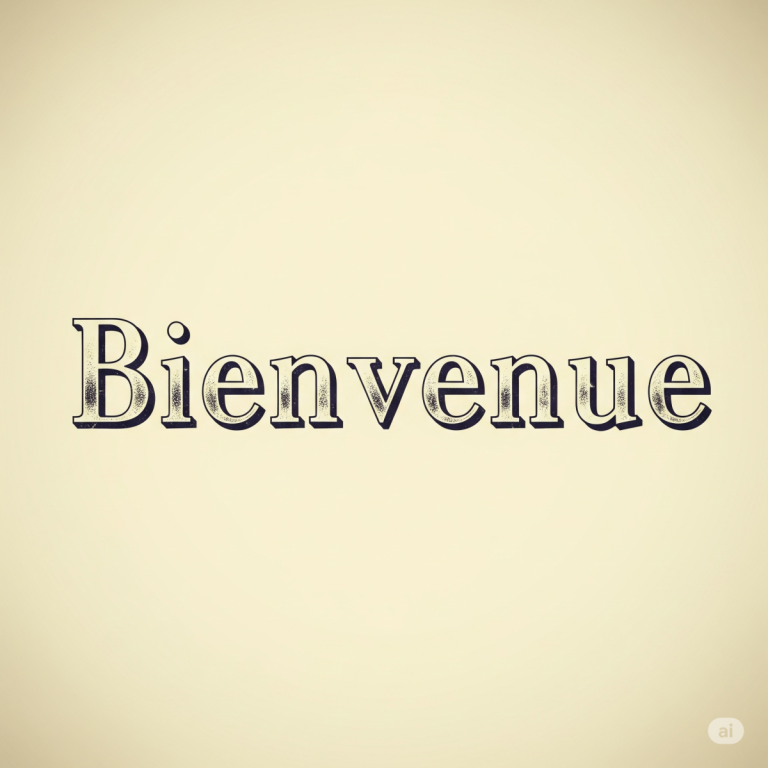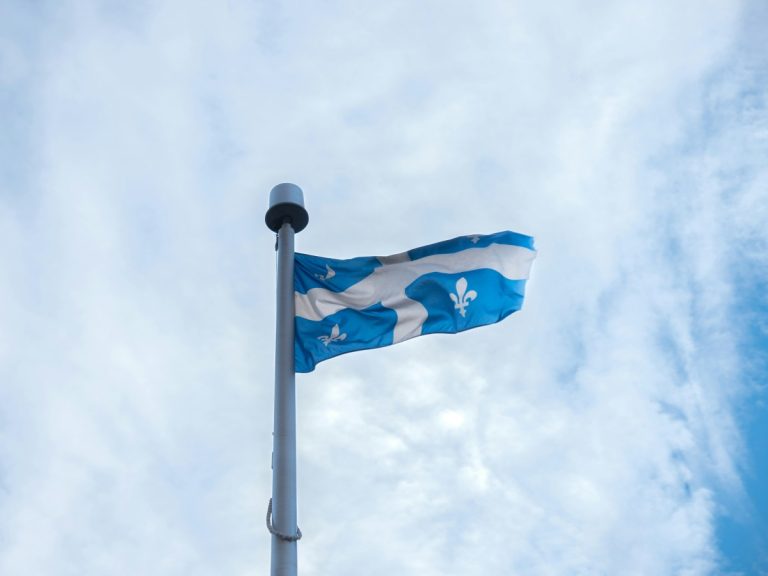Navigating Quebec’s School and Childcare: A Guide for Newcomer Families (2025)
As a newcomer mom in Québec, I quickly realized that navigating Quebec’s School and Childcare system enrollment is essential—but often confusing. Our family learned a lot, and I’m sharing an updated guide (as of July 2025) to help you plan ahead:
🍼 1. Infant & Preschool: Get on the Waitlists Early
For moms planning to return to work, registering on the centralized waitlist via La Place 0-5 is crucial—we registered even before our baby was born! Demand is high, and wait times can be years, although siblings or parents’ work locations may give priority.
The Reality of the CPE Waitlist: Strategy is Key
The waitlist is notoriously long. Simply registering isn’t enough; you need a strategy while you wait.
- Don’t Rely Solely on CPE: While waiting for a subsidized CPE spot, register for several private licensed daycares as well. The subsidy is often portable, meaning the government will cover a portion of the cost even at a private facility, making it much more affordable than the sticker price.
- Follow Up Gently: It’s a “centralized” list, but I recommend checking in with the director of your top 2-3 preferred facilities after a year just to confirm your file is active and to show interest.
- Be Ready to Say YES: When a spot is offered, you usually have very little time to decide. Always visit your top facilities in advance (as suggested below) so you can accept immediately when the call comes.
Visit the facility in person before enrollment. Check:
What’s the daily menu like, especially for allergies or picky eaters?
Are meals provided, or do parents bring lunchboxes?
🎒 2. Elementary School (Maternelle to Grade 6)
- In Québec, maternelle (preschool) is optional, with a formal curriculum beginning in Grade 1.
- School zones depend on your address—use the Québec government school zone lookup tool to check which public school your child is eligible for.
- Parents choose between English or French school boards, depending on eligibility (e.g. parents’ citizenship and education language rights).
- Our kids were born here, so they began in French public school, following the Québec curriculum.
🏫 3. Secondary School (Grades 7–11)
Use the Fraser Institute’s High School Rankings to compare schools’ academic performance (math, French, sciences). (The 2023-2024 report is currently the latest available.) Top-rated schools in Québec include Collège Saint-Louis, Beaubois, Charlemagne, Jean-de-Brébeuf, and Royal West Academy.
- Every school district has its own admission process, often including open houses and entrance evaluations.
- Some schools offer specialized programs—visit during open house and ask:
- Does it align with your child’s interests and learning style?
- Are extracurriculars or special programs a good fit?
- Does it align with your child’s interests and learning style?
A Word of Caution on School Rankings
While the Fraser Institute rankings provide a good indicator of academic success, they don’t tell the whole story. Many top schools are private and have highly selective entrance exams, which naturally elevates their average scores. Never choose a school solely based on a ranking number. Prioritize the school’s culture, distance from home (especially important in harsh Quebec winters), and whether the specialized programs genuinely fit your child’s personality and goals. A long commute can outweigh a slight academic advantage.
🎓 4. CEGEP? What is it?
Québec has a unique post-secondary program called CEGEP (Collège d’enseignement général et professionnel)— a post-secondary college program not found in other provinces.
Who attends CEGEP? Most students enter CEGEP after completing Secondary V (Grade 11). Unlike in other provinces, high school in Québec ends a year earlier.
How long is CEGEP?
Another important distinction is between a DEC and an AEC in CEGEP. A DEC (Diplôme d’études collégiales) is the standard 2- or 3-year diploma for students coming from high school. It includes both general education classes (like French and philosophy) and specialized courses. An AEC (Attestation d’études collégiales), on the other hand, is a shorter, specialized program designed for adults and those returning to school. It focuses only on technical courses, so it’s a faster way to gain specific job skills. It’s a great option for career changers, but unlike a DEC, it doesn’t lead directly to university.
- Pre-University Programs: 2 years (designed for students planning to go directly to university)
- Technical Programs: 3 years (for students aiming to enter the workforce after graduation, though university remains an option)
Why is it unique? CEGEP bridges the gap between high school and university, offering specialized training or academic preparation. It’s one of the reasons Québec students often finish university earlier than students in other provinces.
CEGEP: The Crucial Bridge to University
Choosing the right CEGEP is arguably more important than choosing a high school because your CEGEP grades directly impact your R-Score (the complex metric used for university admissions in Quebec). A strong R-Score from a well-regarded CEGEP program is the key to entering competitive university programs like Medicine or Engineering.
Language Matters: You must also consider the language. A French CEGEP student who later chooses to attend an English university (like McGill or Concordia) will be making a significant language transition, which can be challenging. Plan the CEGEP language choice with your child’s future university goals in mind.
Choosing the right CEGEP: Each CEGEP has its own strengths, programs, and language of instruction (French or English). It’s important to research individual colleges, attend open houses, and check if the program aligns with your child’s long-term goals.
🏷️ 5. Other Key Notes.
- Universities in Québec generally offer high-quality education, but the language of instruction (French or English) varies by institution.
- Always check the school’s primary language, especially before applying.
📌 Helpful Links
- La Place 0‑5 (childcare waitlist registration): provincial platform for daycare registration
- School zone lookup tool: provided by Québec education board websites
- Fraser Institute High School Rankings 2023–2024: compare schools across Québec
📝 Final Thoughts on Navigating Quebec’s School and Childcare
✅ Early daycare waitlist is a must, especially for moms planning to return to work.
✅ Visit childcare centers to verify menus, lunch policies, and the environment.
✅ For elementary and secondary schools, your zone, program fit, and school quality rankings all matter.
✅ Take advantage of open houses, ask questions, and involve your child in the process where possible.
Navigating Québec’s education system may feel overwhelming at times, but with early planning and informed decisions, you can set your family up for confident and connected school years ahead! 💛
📝 Related Posts You Might Like






